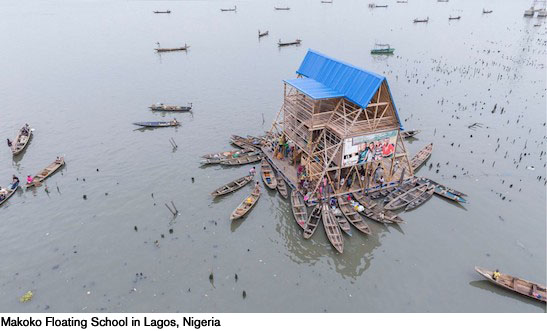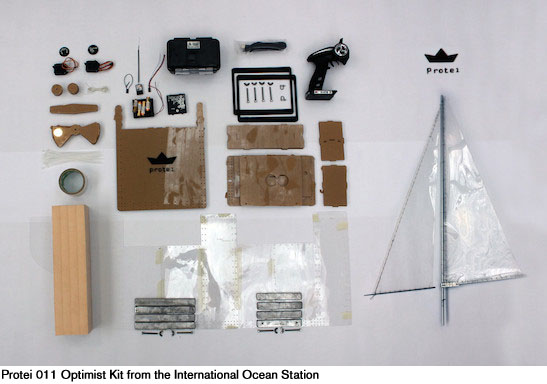As the 21st century dawns, the realization has heightened that human beings, the earth and its creatures face an uncertain future. From an unprecedented increase in population, consumption, and biodiversity loss to climate change, the reasons vary, but what can we do now?
In our latest exhibition at REVERSE, SEASTEAD AT NIGHT, artist Victor Liu explored several intertwined themes through his installations: the desire for alternatives to the nation-state, utopia as a business proposal, and sociopolitical fashion as a culmination of the neoliberal project.
In relation to this idea, we had two dynamic discussions hosted by Utopia School at REVERSE this month. Stemming from the fundamental question of how we as species connect to our complex ecosystems, we explored diverse ideas from collective housing to seasteading.
One figure discussed was the mycologist Paul Stamets. In his words, “The task that we face today is to understand the language of nature. I believe nature is intelligent. The fact that we lack the language skills to communicate with nature doesn’t impugn the concept that nature is intelligent. It speaks to the inadequacy of our skill set for communication.”
The ways in which we deal with each other as social beings are crucial in developing communication with nature, as what we do about our ecology depends hugely on what we think about ourselves in relation to the mystical things around us. Throughout the talks, we were able to come up with different steps to better understand our ecosystems; these included building community gardens and collective houses, as well as rebuilding abandoned spaces like wastelands into social centers. Through this cooperation, we would increase our political, economical, social and cultural strength.
Seasteading is another response to our current situation: creating permanent dwellings at sea outside of the territory claimed by the government of any standing nation. Makoko Floating School in Lagos, Nigeria is one example of this practice, whereby a new social and communal space was built for people on the water.

Another interesting approach is the development of the International Ocean Station, a project advancing hardware and software to enable intelligent human activities at sea. The design resembles floating architecture functioning like an organism reacting and adjusting to its environment. It exists as a laboratory for techno-social experiments and a new post-disaster lifestyle.
There are still a lot of technological and logistical details that need to be figured out to enable seasteading to exist as a sustaining practice. This idea of repurposing a space, however, can possibly lead to change and deeper forms of communication and understanding into how we as species relate to ecosystems. How do you imagine the utopian vision of seasteading and alternative lifestyles in the future?

 Share on Twitter
Share on Twitter Share on Facebook
Share on Facebook